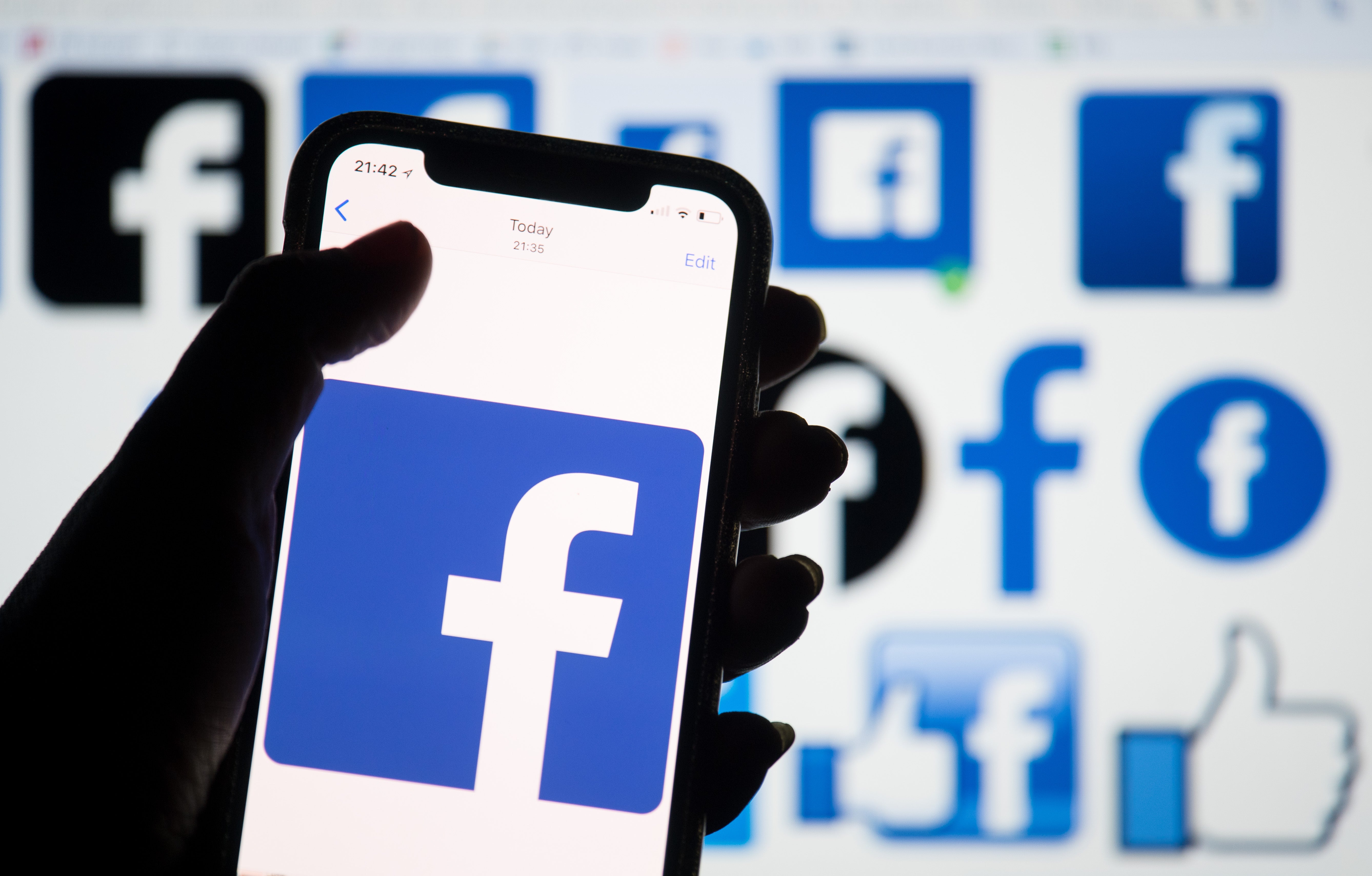Russia limits Facebook access after network restricts Kremlin-backed media
Sir Nick Clegg says Facebook wants Russians to keep using it to ‘make their voices heard’.

Russia has limited access to Facebook after the social media provider refused to stop fact-checking and labelling content from state-owned organisations, former deputy prime minister Sir Nick Clegg has said.
Russian authorities announced the “partial restriction” after the social media network limited the accounts of several Kremlin-backed outlets over the invasion of Ukraine.
Russian state communications watchdog Roskomnadzor said it had demanded that Facebook lifts the restrictions it placed on Thursday on state news agency RIA Novosti, state TV channel Zvezda, and pro-Kremlin news sites Lenta.Ru and Gazeta.Ru.
Sir Nick, vice president of global affairs at Facebook’s parent company Meta, said that “ordinary Russians are using our apps to express themselves and organise for action” and the company wants “them to continue to make their voices heard”.
He tweeted: “Yesterday Russian authorities ordered us to stop the independent fact-checking and labelling of content on Facebook by four Russian state-owned media organisations.
“We refused. As a result, they have announced they will be restricting the use of our services.
“Ordinary Russians are using our apps to express themselves and organise for action.
“We want them to continue to make their voices heard, share what’s happening, and organise through Facebook, Instagram, WhatsApp and Messenger.”
The limitations imposed on the social media giant include marking its content as unreliable plus technical restrictions on search results to reduce the publications’ audiences on Facebook, Roskomnadzor said.
Roskomnadzor described the moves, which are effective from Friday, as “measures to protect Russian media”. There was no further explanation about what this means.
Russia’s Foreign Ministry and the Prosecutor General’s office found Facebook “complicit in violation of fundamental human rights and freedoms, as well as the rights and freedoms of Russian nationals”, according to Roskomnadzor.
Meta has drawn up rules to deal with transparency around state-controlled media outlets because it believes people should know if the news they read is coming from a publication that may be under the influence of a government.
Adverts and posts from state-controlled media outlets on Facebook and Instagram are labelled prominently.
Labels are also put on various sections of the social media pages including on the Instagram profiles, the “About this Account” section of Instagram accounts and the transparency section of their Facebook page.
Bookmark popover
Removed from bookmarks